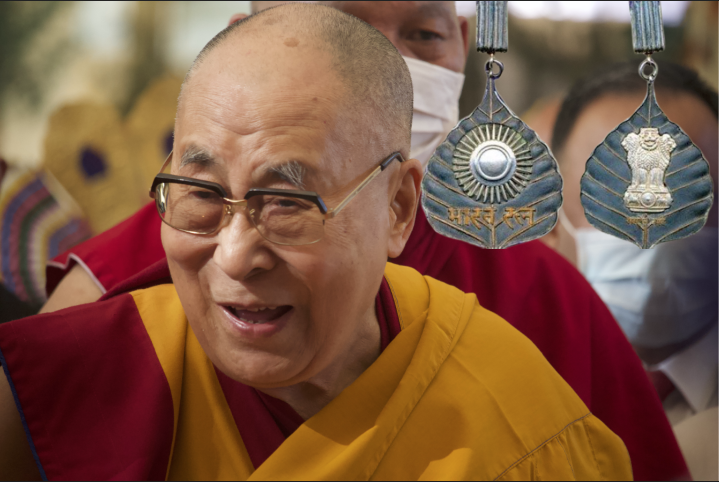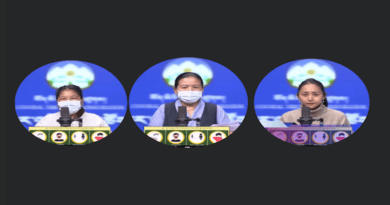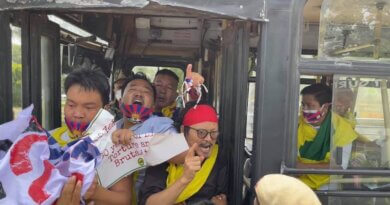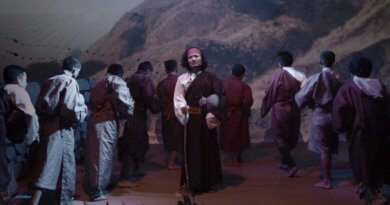Why has the Indian Government consistently overlooked the great 14th Dalai Lama for the Bharat Ratna

By Thutop Gyaltsen
Preamble and Veneer of Bharat Ratna
The term “Bharat Ratna” means “Jewel of India,” and it is the highest civilian award of the Republic of India. It can be conferred upon any individual worldwide for remarkable contributions to humanity. Instituted on January 2, 1954, the award recognises “exceptional service or performance of the highest order,” without distinction of race, occupation, position, or gender. Initially limited to achievements in arts, literature, science, and public service, the criteria were expanded in December 2011 to include “any field of human endeavour.”
Based on these principles, the award can be conferred upon anyone who embodies positive energy and values for all humanity. For instance, Nelson Mandela, a non-Indian, received the Bharat Ratna in 1990. Given this precedent, one of the finest philosopher-kings of the 21st century, His Holiness the Great 14th Dalai Lama of Tibet, deserves the Bharat Ratna for his immense contributions not only to Tibet and its people but to the entire world.
The Dalai Lama’s teachings on the oneness of humanity, world peace initiatives, global citizenship, religious harmony, equality, compassion, and environmental sustainability are unparalleled. He embodies values that align perfectly with the spirit of the Bharat Ratna.
Despite his qualifications, the Dalai Lama has been repeatedly overlooked for this award due to decisions by ultra-orthodox or narrow-minded individuals. This oversight reveals that the Bharat Ratna’s preamble has become a mere veneer. Failing to honour the Dalai Lama is a sinister act that deprives future generations of a role model of inner values.
Why does the Indian government not award the Bharat Ratna to him? What does this crass egotism reveal about their mindset?
Chief Factors for Not Awarding the Bharat Ratna to the Dalai Lama
I. Mass Demoralization
The first reason for not awarding the Bharat Ratna to the Dalai Lama, despite his suitability, is that people fail to recognise his profound inner values and vast contributions to social fabric, world peace, and harmony. Prejudice or nepotism may play a role, devaluing his immeasurable legacy and underestimating the Tibetans. This demoralises future generations, especially Indians, as it reflects poorly on a nation that gained independence in 1947 yet struggles with caste-based discrimination and self-centred attitudes.
The Freedom House Index 2024 lists India as “Partly Free,” indicating limited political rights and civil liberties. Such issues underscore India’s reputation as a “Paper Tiger.”
II. No Brave Heart
1. Political Power
India’s reluctance to award the Bharat Ratna to the Dalai Lama may stem from fear of antagonising China. China holds a permanent seat on the UN Security Council with veto power, while India has never achieved this status and struggles for non-permanent membership. Politically, China wields more power, and India may avoid actions that could provoke its influential neighbour.
China’s absolute autocracy contrasts with India’s democracy. However, India’s current government shows authoritarian tendencies, undermining democratic principles and potentially causing civil unrest.
2. Military Strategy
In military terms, China ranks 3rd globally, with a budget of $231.4 billion in 2024, while India ranks 4th, with a budget of approximately $75 billion. China’s advanced infrastructure, particularly on the Indo-Tibetan border, and the lingering impact of the 1962 war contribute to India’s hesitance to award the Bharat Ratna to the Dalai Lama.
3. Economic Level
China’s economic reforms began in 1978, leading to substantial growth, while India’s reforms started in 1991. According to the IMF, China’s GDP is the second largest globally, at $18,556 billion, while India ranks 5th, at $3,942 billion. With a lower poverty rate and stronger international alliances, China’s overall power surpasses India’s, making India wary of actions that might provoke China.
III. Disgrace of India
Not awarding the Bharat Ratna to the Dalai Lama is disgraceful for India. Some believe it would be risky to honour him, but this perspective reveals ignorance and egoistic attitudes. Exiled Tibetans and those within Tibet remain grateful to India for providing refuge. The Dalai Lama’s contributions to India, such as reigniting Buddhism, empowering ethical values, and enhancing security, are significant.
Despite calls from individuals and groups, including the All-Party Indian Parliamentary Forum for Tibet, Shashi Tharoor, the government has repeatedly rejected the idea. Awarding the Bharat Ratna to the Dalai Lama would elevate India’s global reputation, highlighting ethical values above fame and entertainment. The Dalai Lama received the Nobel Peace Prize in 1989 and numerous other awards, recognising his leadership and contributions to world peace and harmony.
In conclusion, if the Indian government continues to reject the Dalai Lama for the Bharat Ratna, it will face consequences, diminishing its honour rather than enhancing it.
The author is a PhD student in Political Science at Delhi University.
The views expressed in this article are those of the author and should not be attributed to Tibet Express.






